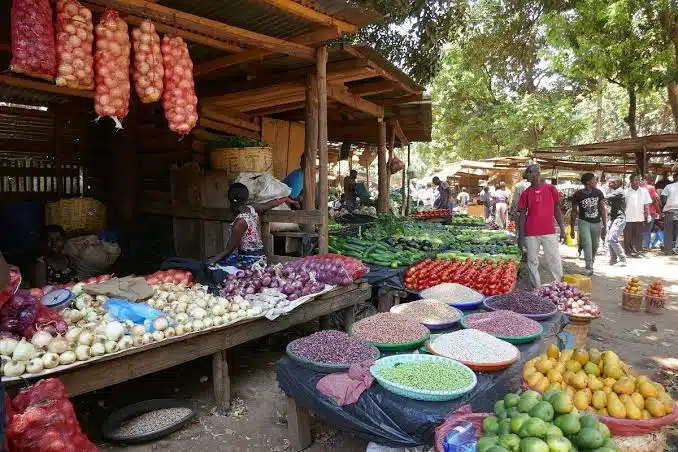Kenya’s inflation climbed for the fourth consecutive month in February, reaching 3.5% from 3.3% in January, as food and transport costs continued to rise. After months of sustained decline, inflation has been on an upward trend since November 2024, when it hit 3.0% from 2.7% in October, signaling persistent price pressures.
February’s inflation figure was largely driven by higher prices for food and non-alcoholic beverages, which jumped 6.4% year-on-year. Sugar, cooking oil, and tomatoes saw notable price increases of 3.2%, 1.6%, and 1.3%, respectively.
Transport costs also edged higher, mainly due to a 4.8% surge in local flight fares.
Meanwhile, prices for petrol and diesel remained stable during the month.
On the other hand, housing and utility costs eased, declining by 0.8% year-on-year. Electricity prices for 50kWh and 200kWh fell by 1.4% and 1.2%, respectively, helping to offset some of the inflationary pressures.
The inflation uptick comes as Kenya works to stabilise its finances amid rising debt obligations.
Finance Minister John Mbadi said on Friday that the government will delay drawing from a $1.5 billion loan from the United Arab Emirates to ensure it fits within the country’s fiscal strategy.
“The reason why we have not done it is that we have to do it within our fiscal framework” Mbadi explained.
“We are still holding out to see exactly how much budget gap we will still have from external finances before we draw the money.”
The East African nation, which has faced mounting debt service costs in recent years, has also raised $1.5 billion through a new 10-year Eurobond to manage upcoming maturities. Of that, $900 million will go toward a 2027 bond buyback, with the remainder allocated for repaying syndicated loans due later this year.
Kenya expects over $950 million in additional external financing from sources including the World Bank, the African Development Bank, Italy, and Germany by the end of June.
The government’s ability to secure these funds will be key to managing its budget deficit while navigating inflationary pressures.






